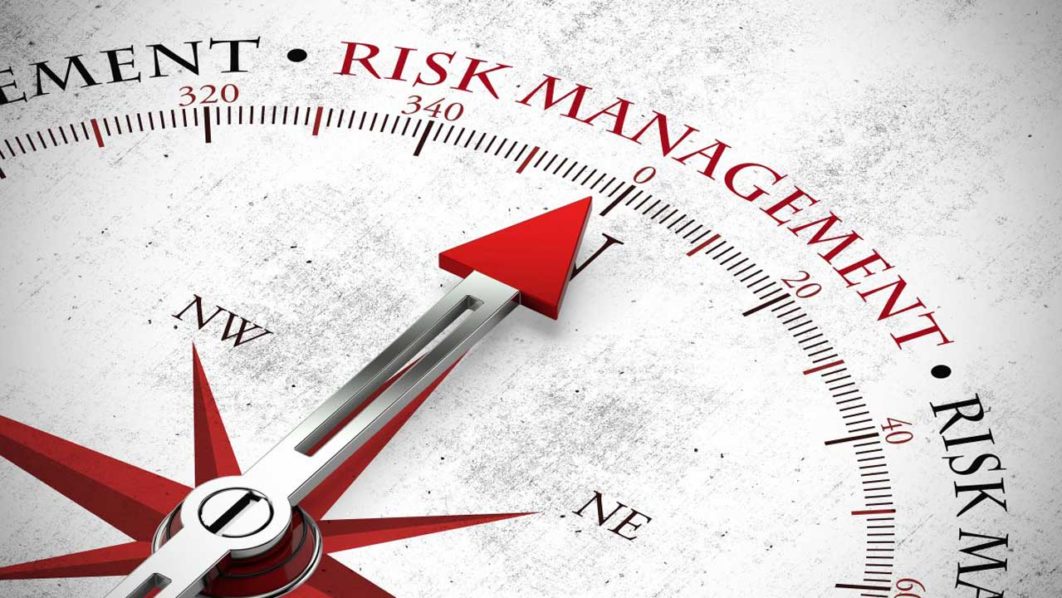
As Nigerian businesses struggle to navigate an increasingly volatile economic and regulatory environment, an accounting firm, Kreston Pedabo, yesterday, insisted that weak enterprise risk management (ERM) frameworks are exposing many organisations to severe financial, legal and operational risks.
A partner at Kreston Pedabo, Nosa Ogebebor, warned that unless businesses adopt structured risk management approaches, they would remain vulnerable to market shocks, policy instability and rising cyber threats.
This comes as the organisation disclosed plans to gather the industry’s best brains, including Executive Commissioner for Operations at the Securities and Exchange Commission (SEC), Dr Bola Ajomale; Academic Director at Wake Forest University/Senior Regulator of United States SEC, Dr Joseph Atatisi and others to deliberate on ‘Strengthening Business Resilience Integrating Enterprise Risk Management For Sustainable Growth’.
Ogebebor stressed that many organisations in Nigeria fail to prioritise ERM as a fundamental business strategy, adding that, instead, risk management is often viewed as a regulatory obligation rather than a critical tool for ensuring long-term sustainability.
“In almost everything, the cost of compliance is always cheaper than the cost of non-compliance. Many businesses wait until a crisis occurs before acting. This reactive approach is no longer sustainable, given the growing complexities in Nigeria’s business landscape. Companies must integrate risk management into their decision-making processes to protect their operations and ensure resilience,” Ogebebor said.
His concerns come at a time when Nigeria’s economic environment presents significant risks, from inflation and exchange rate instability to inconsistent government policies that make long-term business planning difficult.
For financial institutions and multinational corporations, he noted that compliance with regulatory bodies such as the Central Bank of Nigeria (CBN), the Securities and Exchange Commission (SEC), and the National Insurance Commission (NAICOM) remained mandatory. Ogebebor, however, said many small and medium-sized enterprises (SMEs) struggle with limited awareness and expertise, leaving them particularly exposed.
According to him, beyond local regulatory challenges, businesses operating in Nigeria must also contend with cybersecurity threats, data breaches and financial crimes.
With the rapid expansion of digital banking, he said fintech services and e-commerce, cyber risks have escalated, yet many organisations still lack adequate safeguards.
The rising frequency of cyberattacks and fraud incidents highlights the urgent need for companies to strengthen their risk management systems, Ogebebor noted.
While Nigeria’s regulatory efforts have attempted to address these concerns, compliance remains inconsistent across industries. The partner noted that while financial institutions are subject to stringent governance frameworks, many sectors still lack comprehensive risk oversight, stressing that the inconsistency has contributed to Nigeria’s past placement on the Financial Action Task Force (FATF) grey list.
He argued that aligning with global ERM standards such as the COSO ERM Framework, ISO 31000, and FATF recommendations is essential for businesses looking to enhance corporate governance, reduce fraud risks and attract foreign investment.
Ogebebor said many international partners and investors require Nigerian companies to demonstrate robust risk management frameworks before engaging in business relationships.
He believes that businesses must move beyond a compliance-based approach to risk management and instead embrace ERM as a tool for strategic growth. He emphasises that companies that fail to integrate risk management into their operations risk falling behind in an increasingly competitive global market.
“ERM should not be seen as an additional expense but as an essential investment in business sustainability. Organisations that proactively manage risks will be in a stronger position to navigate economic uncertainties, regulatory changes, and operational challenges,” he said.
He said the Kreston Pedabo breakfast seminar, scheduled to be held in Lagos, would bring together key regulators, industry leaders, and risk management professionals to explore practical solutions for strengthening ERM frameworks in Nigeria.






